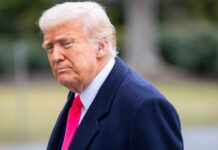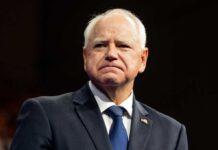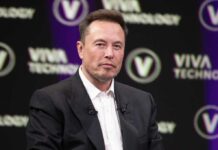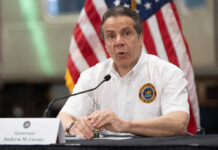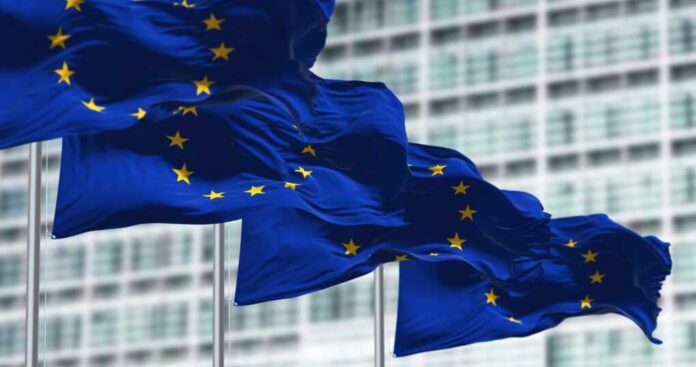
The European Union is ramping up defense spending and strengthening global partnerships after pressure from the Trump administration and rising concern over China’s expanding influence.
At a Glance
- EU foreign chief Kaja Kallas credits Trump’s “tough love” for boosting European defense
- Trump-era pressure prompted a shift toward higher military spending among EU members
- EU now seeks stronger Indo-Pacific alliances to counter China’s economic reach
- Kallas warns against dividing U.S. focus between Europe and AsiaDefense is now seen as a key pillar of the EU’s peace-oriented identity
Trump’s Pressure Pays Off
European Union diplomatic chief Kaja Kallas has openly acknowledged that former President Donald Trump’s hardline demands on NATO spending—while controversial—had a profound effect on Europe’s defense strategy. In a recent interview, Kallas described Trump’s approach as “tough love,” saying, “It’s love nonetheless, so it’s better than no love.”
Trump had consistently pushed NATO allies to raise their defense budgets to up to 5% of GDP, well above the current 2% guideline. While his rhetoric often rankled European leaders, the results are now clear: defense spending across Europe is climbing, and leaders are reconsidering their role in global security.
Watch a report: Trump’s ‘Tough Love’ Wakes Europe Up.
From Peace Project to Defense Power
Kallas emphasized that the EU is evolving beyond its traditional self-image as a purely peacekeeping entity. “Some of us have long seen that we need to invest more in defense,” she said, highlighting a transformation where military readiness is no longer seen as incompatible with Europe’s pacifist principles.
According to eNCA, U.S. Defense Secretary Pete Hegseth praised the shift, stating, “Thanks to President Trump they are stepping up.” This shift marks a new era for the EU, where strategic autonomy and regional readiness are taking center stage.
Kallas’s remarks signal growing unity within the bloc around the need for credible military deterrence—not only in the face of threats from Russia, but also amid broader geopolitical uncertainty.
China’s Shadow and Global Strategy
Kallas also drew attention to China’s expanding influence, warning that its economic ties to Europe and military cooperation with Russia pose dual challenges. She pointed to reports of North Korean troops in Ukraine and China’s indirect support for Russia’s war machine as examples of the interconnected threats facing the West.
In response, the EU is building stronger relationships with nations in the Indo-Pacific, aiming to defend both economic and security interests. Kallas cautioned against siloed strategies, stating the U.S. should not solely focus on Asia while leaving Europe to fend for itself.
Instead, she advocated for a unified front—an alliance of democracies working in concert across multiple regions. This, she argued, is the only way to counteract the rising tide of authoritarian influence from Beijing to Moscow.
As the EU sharpens its geopolitical edge, the legacy of Trump’s “tough love” and the global reverberations of China’s ambitions are reshaping the continent’s strategic posture—one that’s looking outward, armed, and ready.


